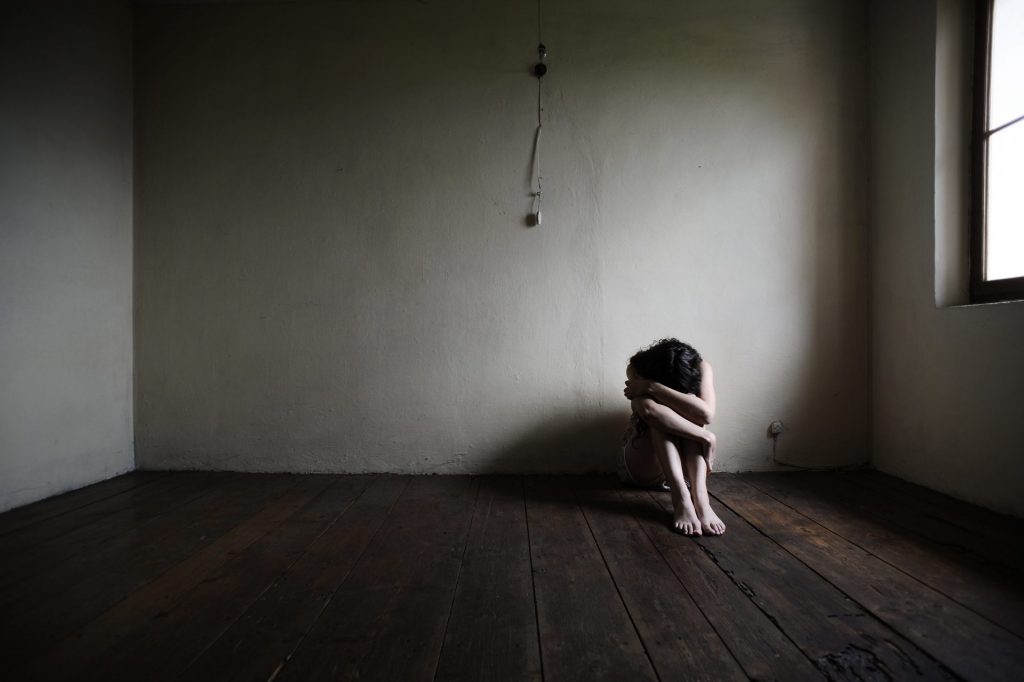Background
Depression is a mood disorder, meaning it affects the way one thinks, feels, and behaves. Symptoms of depression must be present for at least two weeks for someone to be diagnosed with it. According to the National Institute of Mental Health, signs and symptoms of depression may include (but are not limited to):

- Persistent feelings of sadness or anxiety
- Feeling irritable
- Loss of interest in hobbies
- Moving and talking slower than normal
- Difficulty making decisions and concentrating
- Changes in appetite or weight
- Aches and pains that do not respond well to treatment and lack a clear cause
- Feeling hopeless
- Feeling guilty, helpless, or worthless
- Decreased energy or fatigue
- Feeling restless
- Problems with sleep, including insomnia or hypersomnia
- Thoughts of death or suicide, or suicide attempts
You don’t have to experience every symptom in order to be depressed. In fact, most people don’t. Several persistent symptoms along with a low mood are required for diagnosis, but symptoms can vary depending on the individual, the stage of depression, and type of the illness they are experiencing.
Types of Depression
Depression can sometimes develop under certain circumstances or in ways that set it apart from other forms of depression. Some specific types of depression include:
- Persistent depressive disorder. This is a depressed mood that lasts for more than two years. Someone diagnosed with this type of depression can have episodes of severe depression broken up by times when they experience less severe symptoms, but they must have symptoms for more than two years to be diagnosed with persistent depressive disorder.
- Postpartum depression. This type of depression occurs after a mother gives birth to her baby. It is more extreme than the “baby blues”, or feelings of mild anxiety or sadness that clear up in a few weeks on their own. Postpartum depression can make it difficult for new mothers to take care of their babies and themselves.
- Psychotic depression. Psychotic depression is a type of depression that includes severe depression along with psychotic symptoms such as hallucinations and delusions. Hallucinations are described as seeing or hearing things that aren’t there, and delusions are false fixed beliefs. Someone with psychotic depression may have delusions that fit in with a depressing theme, such as falsely believing they are terminally ill.
- Seasonal affective disorder. Seasonal affective disorder, or SAD, is brought on by the winter months when there is less sunlight. Depressive symptoms occur every winter and typically ease up in the spring.
- Bipolar disorder. Although bipolar disorder is different from depression, the depressive episodes it brings about meet the criteria for major depression. Bipolar disorder is also characterized by periods of extreme euphoria or irritableness called mania, along with less severe periods called hypomania.
This list is not exhaustive. If you are experiencing the symptoms of depression, it’s important that you reach out to someone who can help.
How Pandora’s House Can Help
If you or a loved one are experiencing symptoms of depression in the North Dallas area, Pandora’s House Psychiatry can help. We are dedicated to serving our Collin County community with diligent psychiatric care delivered with sensitivity, understanding, and trust. At Pandora’s House, we strive to increase access to mental health care and raise awareness of the many benefits of treatment. To make an appointment, call us at (972) 784-3064 or visit us online today.
References
Information for this article comes from the National Institute of Mental Health.
